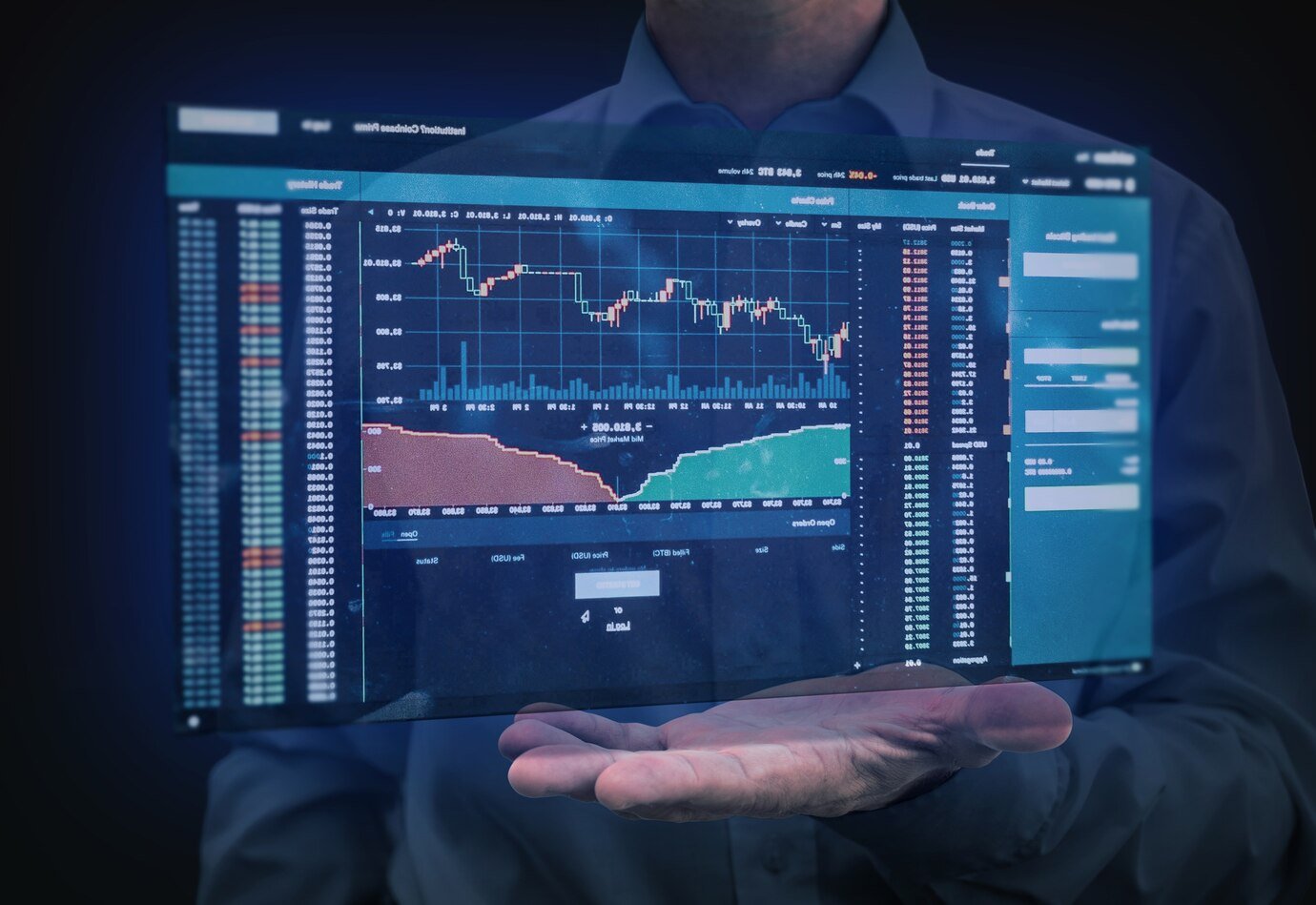Artificial Intelligence (AI) has made significant inroads across various industries, and finance is no exception. In recent years, hedge funds have increasingly embraced AI technologies to enhance their trading strategies, improve decision-making, and optimize portfolio management. This blog explores the rise of AI in hedge fund trading, its transformative potential, and whether it truly represents the future of finance.
1. Understanding AI in Hedge Fund Trading
What is AI in Trading?
AI in trading refers to the use of machine learning algorithms, natural language processing, and other AI techniques to analyze large datasets and make trading decisions. These technologies can identify patterns, predict market movements, and execute trades with minimal human intervention.
Key AI Technologies Used
- Machine Learning: Algorithms that learn from historical data to make predictions about future price movements.
- Natural Language Processing (NLP): Analyzes news articles, social media, and financial reports to gauge market sentiment and inform trading decisions.
- Robotic Process Automation (RPA): Automates repetitive tasks, such as data entry and report generation, allowing traders to focus on strategic decision-making.
2. Enhancing Decision-Making
Data-Driven Insights
AI can process vast amounts of data at unprecedented speeds, enabling hedge funds to make data-driven decisions based on real-time information. This capability allows for quicker responses to market changes, potentially leading to higher returns.
Predictive Analytics
By analyzing historical market data, AI models can identify trends and patterns that may not be apparent to human traders. This predictive power can enhance trading strategies, leading to more informed investment decisions.
3. Automating Trading Strategies
Algorithmic Trading
AI-powered algorithms can execute trades automatically based on predefined criteria. This automation reduces the influence of human emotions and biases, leading to more disciplined trading practices.
High-Frequency Trading (HFT)
AI is particularly well-suited for high-frequency trading, where algorithms execute thousands of trades per second. These AI systems can analyze market data in real-time, identifying profitable opportunities that may only exist for mere seconds.
4. Risk Management and Portfolio Optimization
Enhanced Risk Assessment
AI tools can assess and quantify risks more accurately than traditional methods. By analyzing various risk factors, hedge funds can better understand the potential impact on their portfolios and make adjustments accordingly.
Dynamic Portfolio Management
AI can continuously monitor market conditions and adjust portfolio allocations in real-time. This dynamic approach allows hedge funds to respond swiftly to market volatility, optimizing their risk-return profiles.
5. The Competitive Advantage
Staying Ahead of the Curve
As more hedge funds adopt AI technologies, those that do not risk falling behind. AI-driven insights and automation can provide a competitive edge, making it crucial for firms to integrate these technologies into their trading strategies.
Attracting Investments
Investors are increasingly looking for firms that leverage innovative technologies. Hedge funds that effectively utilize AI may attract more capital, as they can demonstrate a commitment to data-driven decision-making and enhanced performance.
6. Challenges and Considerations
Data Quality and Availability
The effectiveness of AI in trading largely depends on the quality and availability of data. Hedge funds must ensure they have access to accurate, comprehensive datasets to train their AI models effectively.
Regulatory Concerns
As AI becomes more prevalent in trading, regulatory bodies are examining its implications. Hedge funds must navigate the evolving regulatory landscape to ensure compliance while leveraging AI technologies.
The Human Element
While AI can enhance trading strategies, human intuition and experience remain invaluable. Successful hedge funds will likely find a balance between AI-driven insights and human decision-making, leveraging the strengths of both.
7. Is AI the Future of Hedge Fund Trading?
Transformative Potential
The rise of AI in hedge fund trading indicates a significant shift in how financial markets operate. With its ability to process data rapidly, identify patterns, and automate trading, AI has the potential to transform the industry.
A Complementary Role
Rather than completely replacing human traders, AI is more likely to serve as a powerful tool that complements human expertise. The future of hedge fund trading will likely involve a synergistic approach, combining the analytical capabilities of AI with the strategic insights of experienced traders.
8. Conclusion
The rise of AI in hedge fund trading marks a pivotal moment in the evolution of finance. As hedge funds increasingly adopt AI technologies to enhance decision-making, automate trading strategies, and optimize risk management, the landscape of trading is set to change dramatically.
While challenges remain, the potential benefits of AI are undeniable. As we move forward, the successful integration of AI into hedge fund trading will depend on the ability to balance technology with human intuition. For those willing to embrace this transformative shift, the future of hedge fund trading could be brighter than ever.













